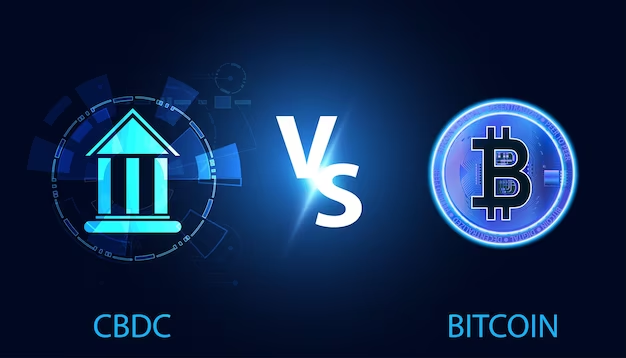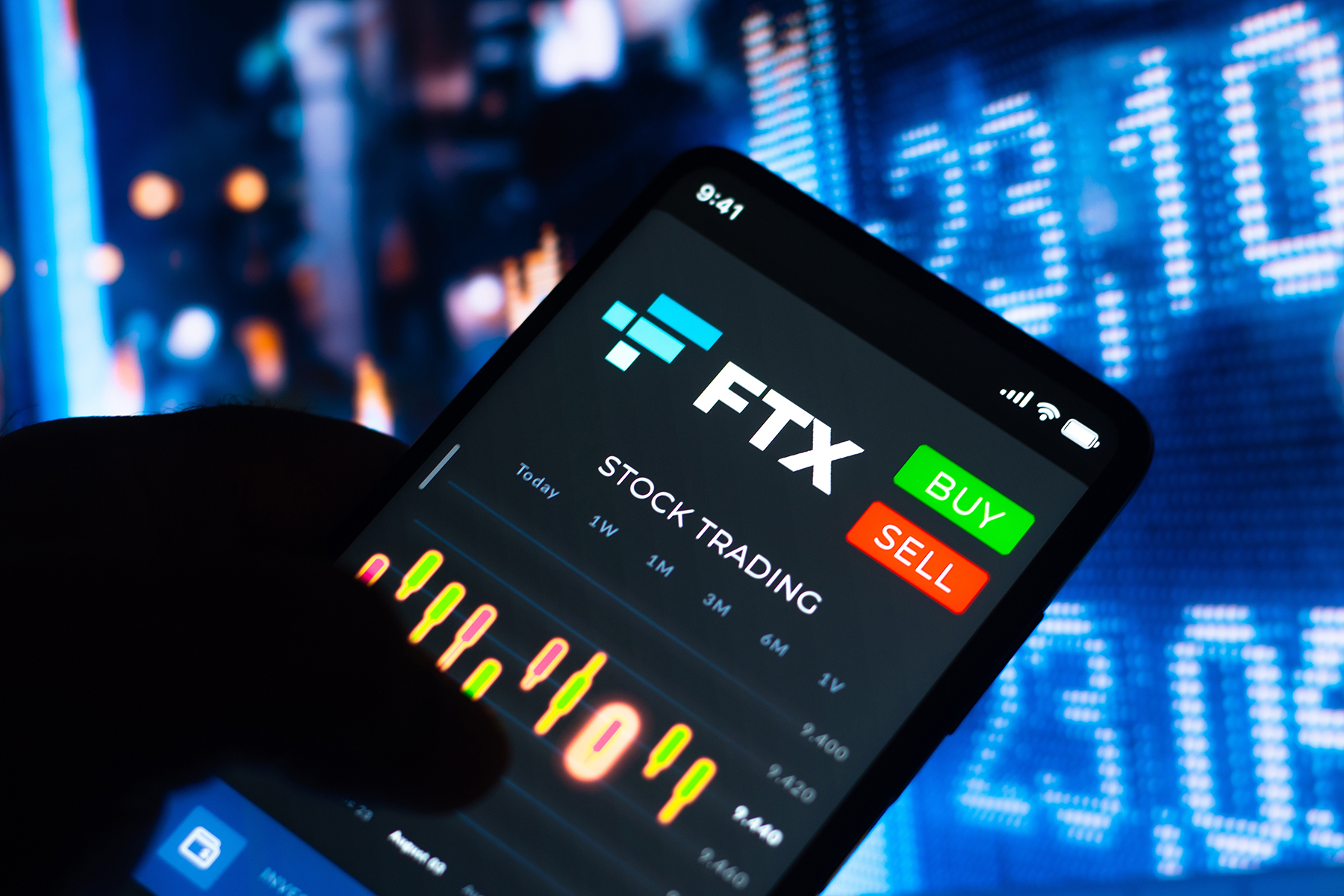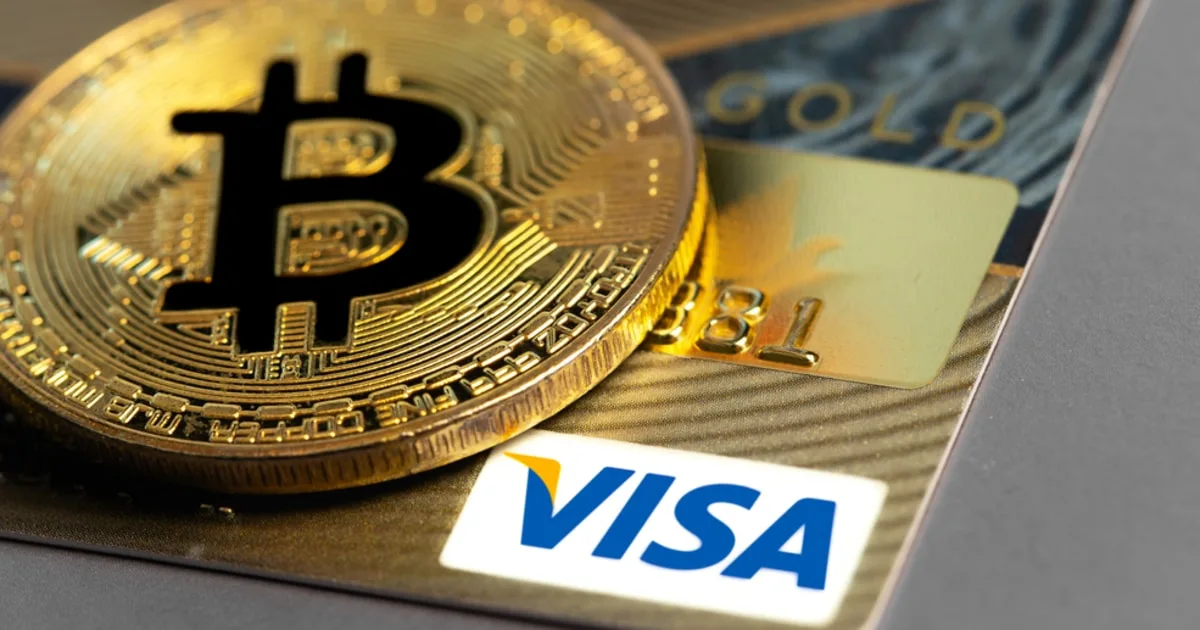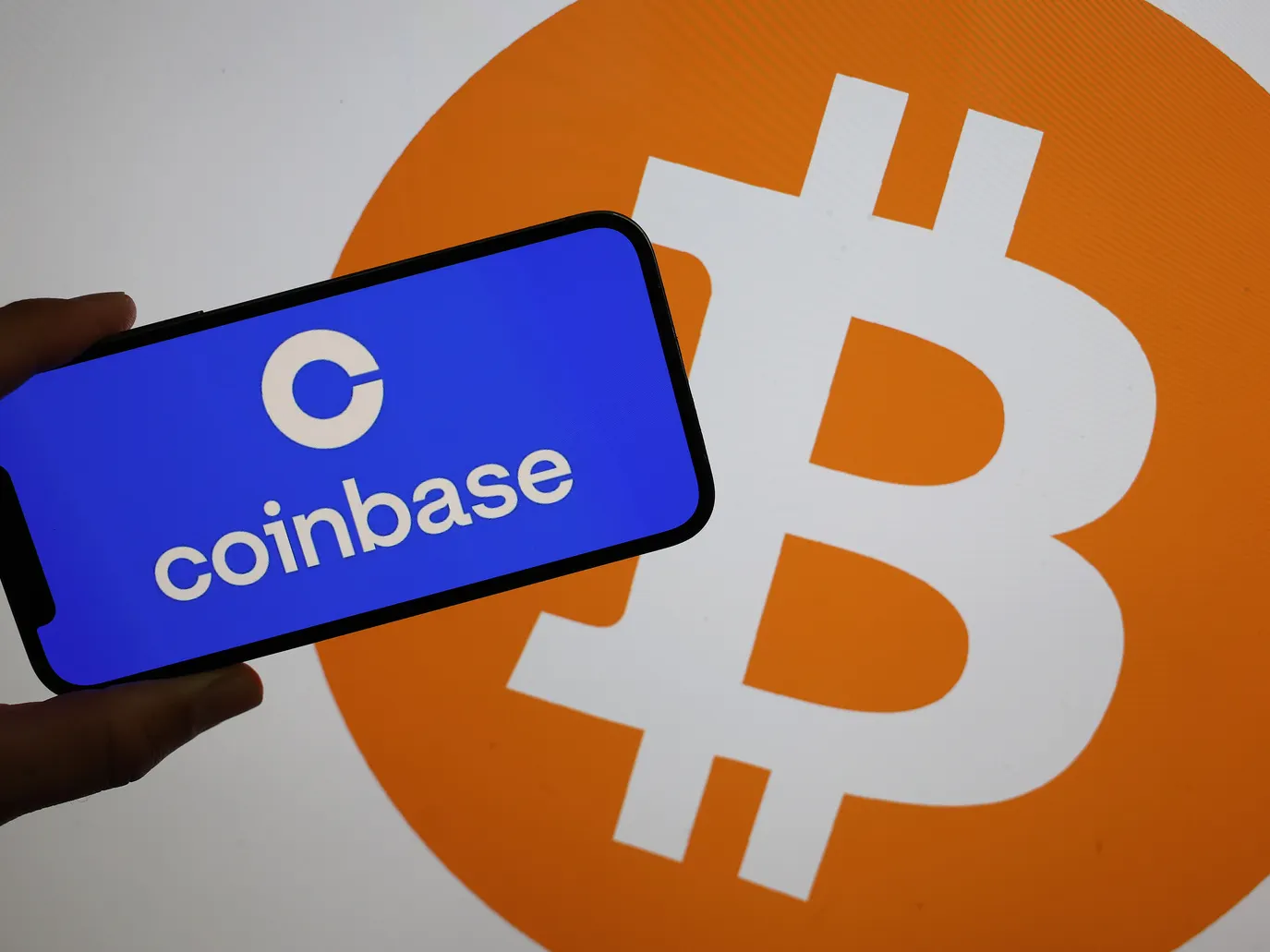Introduction
Bitcoin, the revolutionary digital currency, is now making waves among major corporations. This article takes a closer look at the rising trend of prominent companies embracing Bitcoin and explores the consequences of this adoption for both the cryptocurrency world and the larger financial arena. From motivations behind corporate interest to the potential transformations it might bring, we unravel the impact of Bitcoin’s journey into the corporate sphere.
The Appeal of Bitcoin for Corporations
Major corporations are turning to Bitcoin for a variety of reasons, driven by the unique characteristics and potential benefits that the cryptocurrency offers. Let’s explore the factors that make Bitcoin appealing to these corporate giants.
Diversification of Assets
One of the primary reasons major corporations are embracing Bitcoin is the need to diversify their asset portfolios. Traditionally, corporations have relied on a mix of traditional financial instruments, such as stocks, bonds, and fiat currency holdings, to manage their finances and assets. However, the volatile economic climate, coupled with concerns about inflation and the stability of fiat currencies, has prompted corporations to explore alternative assets.
Bitcoin presents an intriguing opportunity for diversification. Unlike traditional assets, Bitcoin operates independently of any government or central authority. Its value is determined by market forces and a fixed supply schedule, making it a non-correlated asset. In other words, the price of Bitcoin doesn’t necessarily move in tandem with traditional financial markets. This lack of correlation can serve as a valuable hedge against economic uncertainties and market downturns. Read More
Store of Value
Bitcoin’s status as a store of value is another significant factor driving its adoption by major corporations. The concept of a store of value refers to an asset’s ability to retain its purchasing power over time. Historically, precious metals like gold have served as stores of value due to their scarcity and resistance to inflation.
Bitcoin shares many characteristics with traditional stores of value like gold. It has a capped supply of 21 million coins, which creates scarcity and prevents arbitrary inflation. Additionally, the decentralized nature of Bitcoin ensures that no single entity can control or manipulate its supply, enhancing its credibility as a store of value.
In times of economic uncertainty, corporations seek assets that can preserve their value. The finite supply and scarcity of Bitcoin make it an attractive option for this purpose. By allocating a portion of their assets to Bitcoin, corporations aim to safeguard their wealth against the erosion of value caused by factors like inflation.
Investment Opportunities
Beyond its role as a store of value, Bitcoin presents investment opportunities that corporations find compelling. Bitcoin’s price history has been marked by substantial appreciation over the years. While its journey has been characterized by volatility, it has delivered impressive returns to early adopters and investors.
Major corporations, guided by their desire to maximize returns on idle capital, see Bitcoin as a potential investment vehicle. Investing in Bitcoin can offer the prospect of capital appreciation, potentially outperforming more traditional investment options like bonds or low-yield savings accounts.
The prospect of earning substantial returns has drawn the attention of corporate treasurers and finance departments. Companies are increasingly viewing Bitcoin as a strategic asset that can generate significant profits over the long term. As a result, many corporations are allocating a portion of their treasury reserves to Bitcoin, effectively becoming Bitcoin investors. Read More
Notable Corporations Embracing Bitcoin
The trend of major corporations adopting Bitcoin has gained significant momentum in recent years. Several high-profile companies and institutions have made headlines by publicly disclosing their Bitcoin holdings and integrating cryptocurrency into their operations. Let’s take a closer look at some of the most notable examples:
Tesla, Inc.
In early 2021, Tesla, the electric vehicle and clean energy company led by CEO Elon Musk, made a groundbreaking announcement. The company disclosed that it had invested $1.5 billion in Bitcoin, representing a substantial portion of its cash reserves. Additionally, Tesla revealed plans to accept Bitcoin as a payment method for its electric vehicles.
Tesla’s move into the world of cryptocurrency sent shockwaves throughout the business and tech communities. Elon Musk, a prominent advocate of cryptocurrencies like Bitcoin and Dogecoin, had long been a vocal supporter of digital assets. However, Tesla’s decision to allocate a significant portion of its treasury to Bitcoin marked a significant turning point in the corporate adoption of cryptocurrencies.
MicroStrategy
MicroStrategy, a business intelligence and software solutions company, made headlines for its audacious Bitcoin investments. Led by CEO Michael Saylor, the company embarked on a remarkable journey to convert its corporate treasury into Bitcoin holdings.
Starting in August 2020, MicroStrategy announced a series of Bitcoin purchases, eventually accumulating over 100,000 Bitcoins, worth billions of dollars. These purchases were made not as investments but as part of the company’s treasury strategy. MicroStrategy’s leadership believed that Bitcoin offered a superior store of value compared to holding cash reserves, which could be eroded by inflation.
MicroStrategy’s bold approach to Bitcoin garnered attention within the corporate world and served as a case study for other companies considering similar strategies. Michael Saylor, in particular, became a prominent advocate for Bitcoin, regularly sharing his insights and perspectives on the cryptocurrency’s potential as a corporate asset.
Square, Inc.
Square, Inc., the financial services and mobile payment company co-founded and led by Jack Dorsey, the co-founder and CEO of Twitter, embraced Bitcoin as a financial asset. In October 2020, Square announced its purchase of $50 million worth of Bitcoin, representing approximately 1% of the company’s total assets at the time.
Square’s interest in Bitcoin extended beyond mere investment. The company integrated Bitcoin transactions into its popular mobile payment app, Cash App. This integration allowed Cash App users to buy, sell, and hold Bitcoin within the application, effectively democratizing access to cryptocurrency for millions of users.
Jack Dorsey, a well-known proponent of cryptocurrencies, saw the move as a step toward making Bitcoin more accessible and usable for everyday financial transactions. Square’s foray into Bitcoin aligned with its broader mission of empowering individuals and businesses in the financial world. Read More: Notable Corporations Embracing Bitcoin
Institutional Investors
While tech companies like Tesla, MicroStrategy, and Square have garnered significant attention for their Bitcoin investments, institutional investors have also played a pivotal role in Bitcoin’s adoption. Companies like Grayscale Investments have created investment products that allow institutional and accredited investors to gain exposure to Bitcoin without directly holding the cryptocurrency.
Grayscale’s Bitcoin Trust, for example, offers a way for investors to allocate capital to Bitcoin through a traditional investment vehicle. This approach provides institutional investors with a regulated and custodial solution for Bitcoin exposure, making it easier for them to participate in the cryptocurrency market.
The involvement of institutional investors has contributed to Bitcoin’s legitimacy as an asset class. It has also introduced a level of sophistication and professionalism to the cryptocurrency space, attracting more traditional finance participants.
The Impact on Bitcoin’s Price and Adoption
The endorsement of Bitcoin by major corporations has had a profound impact on the cryptocurrency’s price and adoption. Let’s explore how these factors have evolved in response to corporate involvement. Read More
Price Appreciation
One of the most immediate consequences of major corporations entering the Bitcoin market has been price appreciation. Tesla’s announcement of its $1.5 billion Bitcoin investment in early 2021 sent Bitcoin’s price soaring to new all-time highs. The endorsement of Bitcoin by a high-profile company like Tesla signaled to investors and institutions that cryptocurrencies were gaining mainstream acceptance.
Tesla’s decision also prompted a wave of interest from other corporations, hedge funds, and institutional investors. As more corporate treasuries began to allocate funds to Bitcoin, demand for the cryptocurrency surged, driving its price higher.
The increased demand from institutional players has significantly impacted the price of Bitcoin, often leading to dramatic price movements. These movements are not only reflective of the increased demand but also the growing perception of Bitcoin as a legitimate and valuable asset class. This shift in perception and the resultant price appreciation has been a key factor in Bitcoin’s journey to mainstream acceptance.
Moreover, the involvement of major corporations has had a knock-on effect on smaller businesses and retail investors. As more companies publicly endorse Bitcoin, it fosters a sense of confidence and legitimacy among smaller entities and individual investors. This widespread adoption further drives demand and can potentially lead to a more stabilized market in the long term, although volatility remains an inherent characteristic of cryptocurrency markets.
Regulatory Considerations
The growing corporate interest in Bitcoin has not gone unnoticed by regulators around the world. This trend towards mainstream acceptance has prompted governments and financial authorities to pay closer attention to cryptocurrencies. Regulatory bodies are increasingly focused on developing frameworks to govern the use of Bitcoin and other digital currencies, balancing the need to protect investors with the desire to foster innovation.
Regulations are likely to have a significant impact on how corporations can engage with Bitcoin. Compliance with these regulations will be essential for companies looking to integrate Bitcoin into their financial strategies. This evolving regulatory landscape presents both challenges and opportunities for the future of Bitcoin in the corporate world.
Conclusion
The adoption of Bitcoin by major corporations marks a significant milestone in the evolution of digital currencies. From being a fringe asset, Bitcoin is now becoming an integral part of the corporate financial landscape. The reasons for this shift are multifaceted, ranging from the desire for asset diversification and inflation protection to the potential for substantial investment returns.
The involvement of companies like Tesla, MicroStrategy, and Square has not only legitimized Bitcoin in the eyes of many investors but has also encouraged a broader range of companies to consider cryptocurrency as part of their financial strategy. The impact of this trend is far-reaching, influencing Bitcoin’s price, adoption rates, and the regulatory environment.
As we move forward, it will be fascinating to watch how the relationship between major corporations and Bitcoin evolves. Whether Bitcoin becomes a staple in corporate treasuries or encounters regulatory hurdles, its journey into the corporate sphere is undoubtedly reshaping the financial landscape and redefining what it means to hold value in the digital age.




















